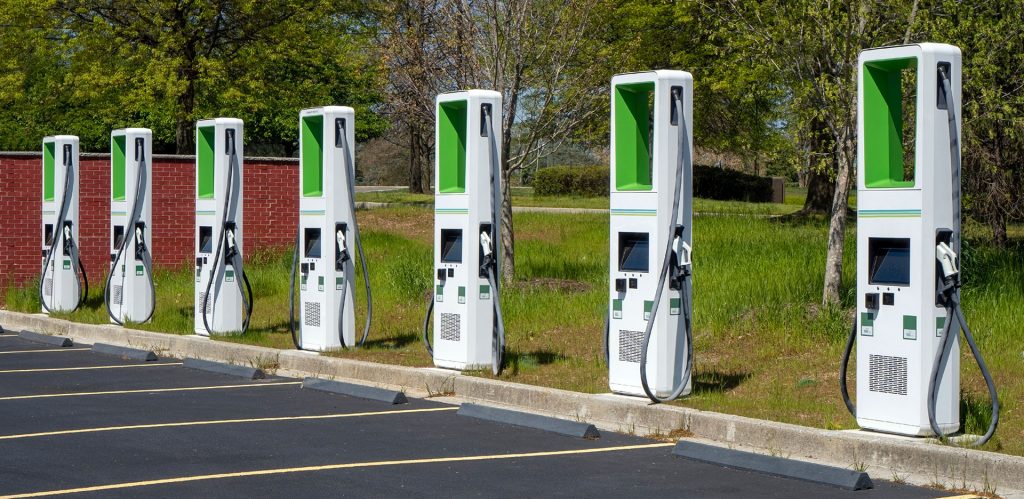EV Charging Explained
At EVcharges we believe in making things simple for our customers, whether business users or domestic customers, so we’ve put together an Essential Guide to help you with the jargon.
Type of chargers
Charging points
A built-in charging point for your home an array of safety features to protect you and your electricity supply. The charge speed for a fully installed charging point will always be significantly quicker than a three pin plug charging lead. There is more detail on this later.
Some charge points are socketed, where you can connect your own cable type, usually type 1 or type 2 (see below.)
Some charge pojnts are tethered, which means that they already have a long cable connected (or tethered) to them. This could be a type 1 or type 2 connector (see below.) The advantage of tethered unit is that you can attach it straight to your car, but you can only charge vehicles with the same connector type as the tethered cable.
Power supplies
A few important words about power supplies. Most homes in the UK have what is called a single phase power supply, which is perfect for domestic low-demand usage. Whilst this power supply places natural limits on the charging speed for electric vehicles, this is generally not important because many EV users top up their vehicles overnight.
The speed at which electric vehicles are charged is measured in kilowatts (kW). Domestic built in charging points will provide power at 3.7kW or 7.0 kW, which is the maximum for single phase domestic power. This will give between 15 and 30 miles of driving range for each hour that you charge your vehicle.
(By comparison, the power from a 3 pin wall socket will be about 2.3kW, which will give you just 8 miles of driving range for each hour that you charge your vehicle.)
Business premises and public charging sites normally operate on 3-phase power, which delivers more consistent power and greater power load. This means that this power supply can help to deliver rapid charging from charging points rated at 22.0 kw and above.
Connectors
Your EV charging cable will have a connector that matches your electric vehicle. There are several types of connector for charging stations.
